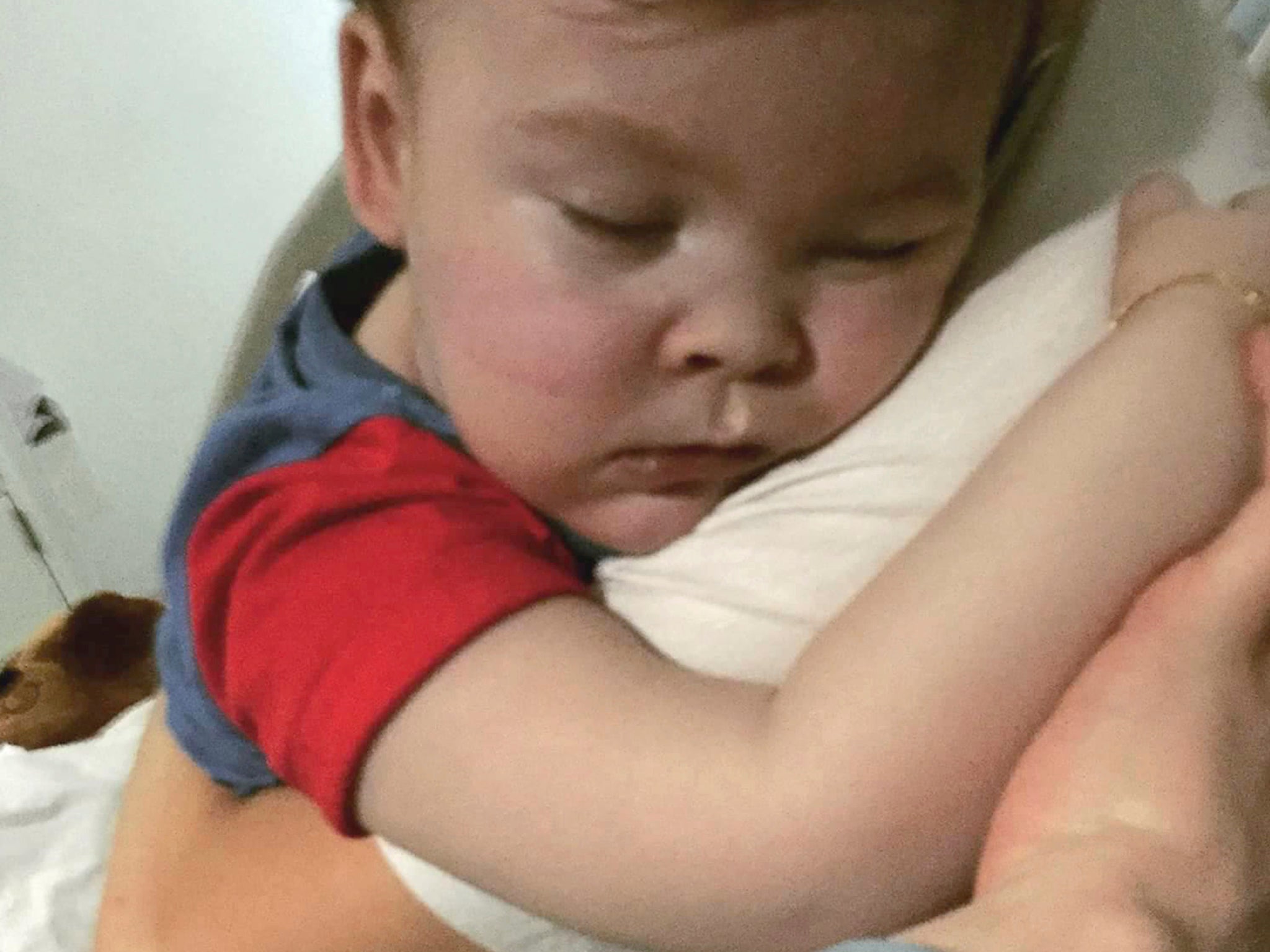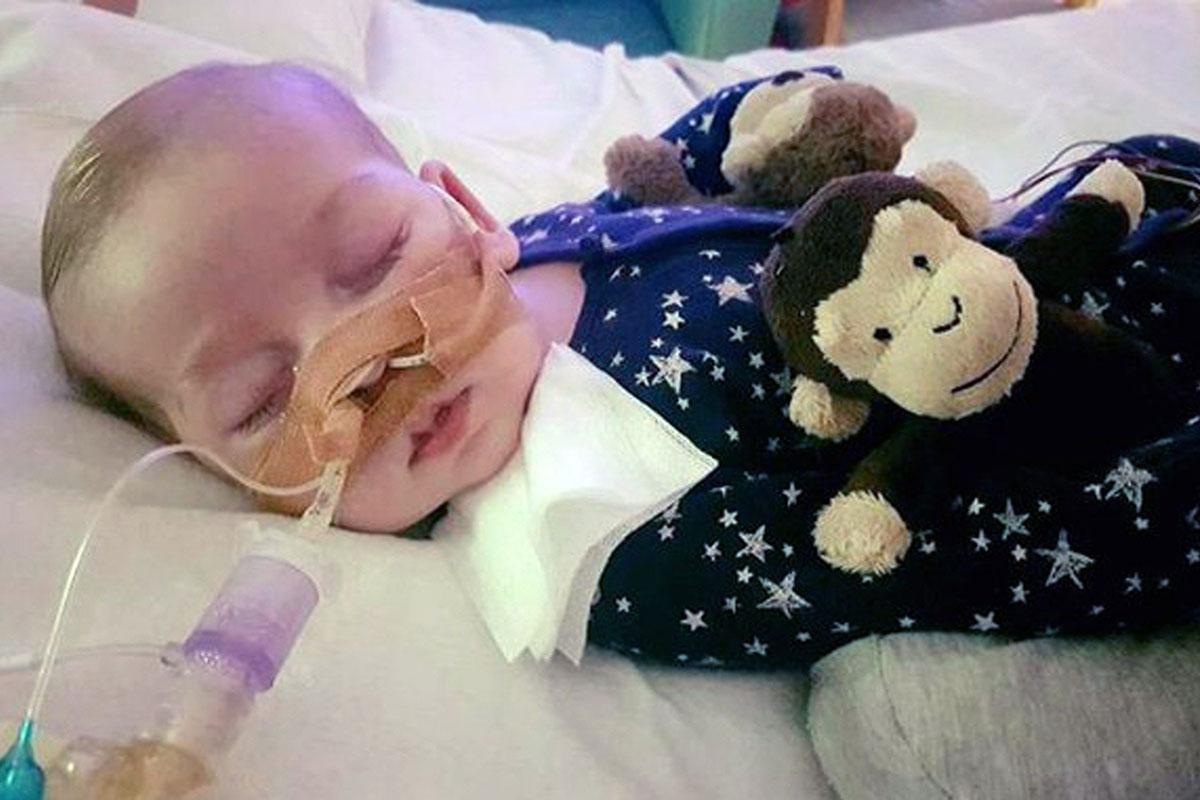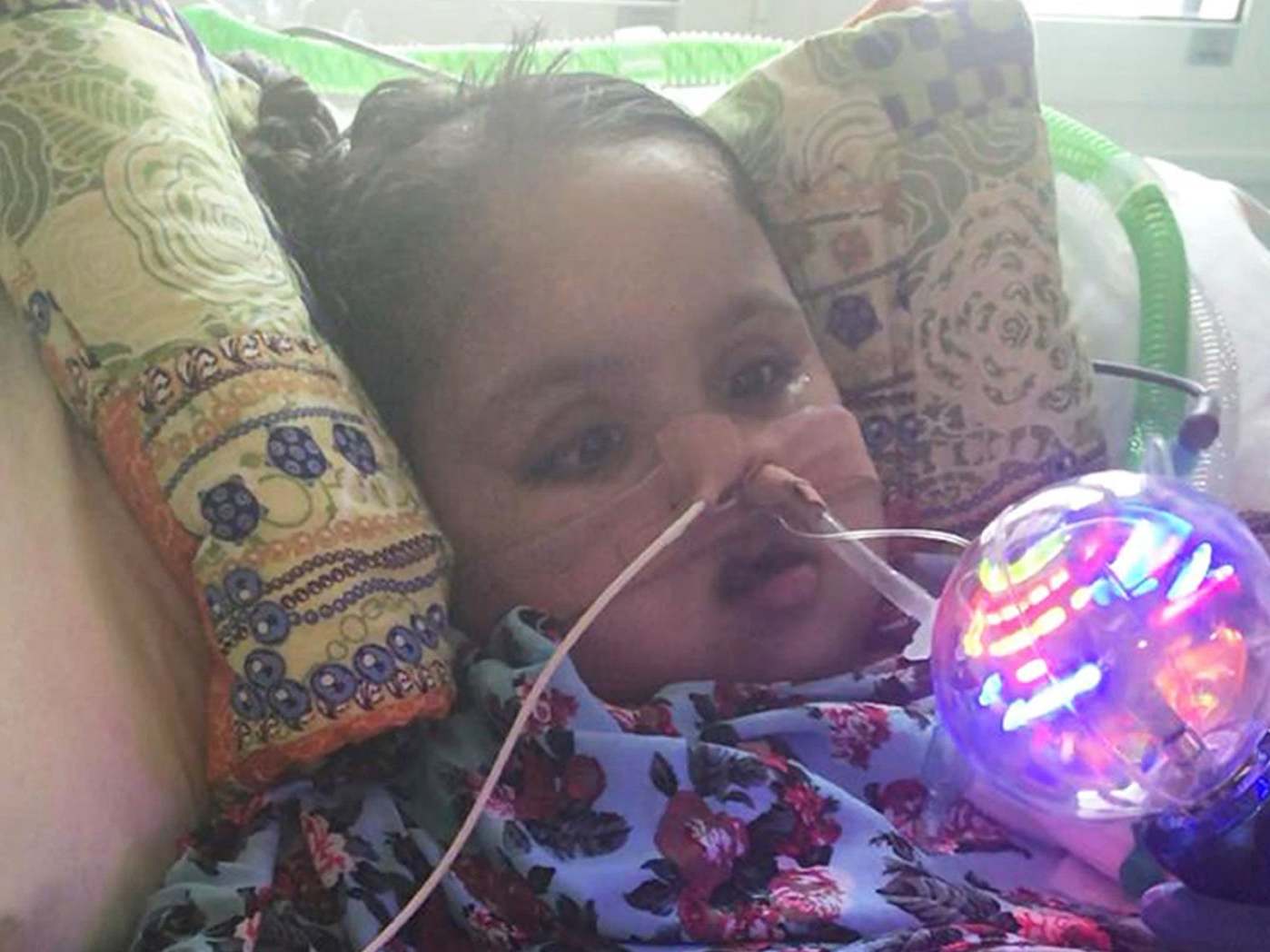Archie Battersbee: Tragic case echoes heartbreaking fight other families have faced
Like Charlie Gard and Archie Evans before him, 12-year-old’s death raises agonising questions: what constitutes life and who should decide when it is over?
The tragic death of Archie Battersbee is the latest in a series of cases that have pitted devastated parents against the UK’s court and healthcare system.
The 12-year-old now joins a heartbreaking list that includes Charlie Gard, Alta Fixsler and Alfie Evans: youngsters who, ultimately, had life support withdrawn despite the pleas of their families.
Behind each one was the same agonising – perhaps unanswerable – question: what constitutes life and who should decide when it is over?
Alfie Evans was just 23 months old when he died in 2018 after doctors in Liverpool stopped his treatment.
He had been in Alder Hey Childen’s Hospital for more than a year after suffering seizures. Doctors diagnosed a degenerative neurological condition – although they have never been able to identify it definitively – and he was placed on ventilation.
His parents Tom Evans and Kate James from Bootle, Merseyside, wanted to fly him to Rome for specialist treatment but this was blocked by Alder Hey with medics saying the treatment would not work and was “not in Alfie's best interests”.
During a High Court hearing, the hospital presented scans that showed “catastrophic degradation of his brain tissue” and claimed that further treatment was not only “futile” but also “unkind and inhumane”. They said he should be allowed to die.
An exhaustive legal process followed that also saw the case appear before the Supreme Court and European Court of Human Rights. Pope Francis intervened at one point and said Alfie should be allowed to travel to Italy. Supporters – calling themselves Alfie’s Army – began gathering at the hospital every day.
Nonetheless, the youngster’s life support was finally withdrawn, and he died on 28 April 2018. His parents maintained the wrong decision had been made.

The case echoed that of Charlie Gard who had died less than a year earlier in July 2017, just a week short of his first birthday.
He had been born with a rare form of mitochondrial disease and spent most of his life at Great Ormond Street Hospital in London.
By the time he died, he could not open his eyes or move his limbs and was unable to breathe without a ventilator.
His parents Connie Yates and Chris Gard, from west London, fought a five-month legal battle for him to be taken to the US for experimental treatment with his case drawing sympathy from then president Donald Trump. Some £1.3m was raised to fund the procedure, while a petition demanding the family be allowed to travel across the Atlantic was signed by 350,000 people.
Doctors, however, were convinced the treatment could not work and said the baby should be allowed to die in peace in the UK.
At the High Court, Supreme Court and European Court of Human Rights, judges agreed with the medics. He was eventually moved to a hospice where his life support was withdrawn.

Yet families do sometimes win these battles.
The family of severely disabled Tafida Raqeeb won a landmark case in 2019 that allowed them to take her to Italy for treatment after doctors said her life support should be withdrawn.
The girl, then five months old, had been placed on ventilation following a traumatic brain injury with doctors at Royal London Hospital applying to withdraw the support.
But mother Shelina Begum and father Mohammed Raqeeb won the ensuing legal battle at the High Court and were permitted to fly to Genoa in October that year.

Today, Tafida remains alive in hospital in Italy.
Speaking in March, Ms Begum said: “The child they said would die in two weeks is still alive. I have let go, my anger has gone, but she is living proof that they were wrong and she was right.”



Join our commenting forum
Join thought-provoking conversations, follow other Independent readers and see their replies
16Comments